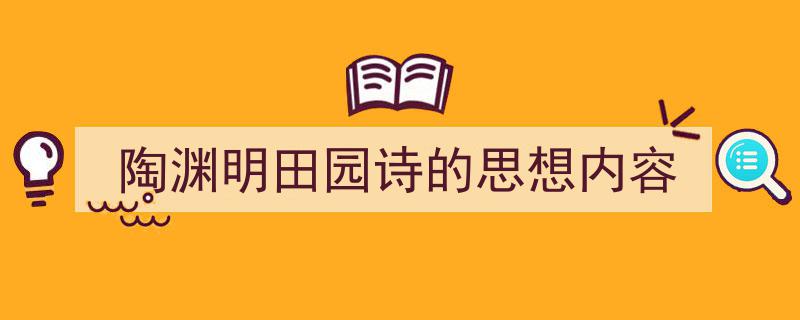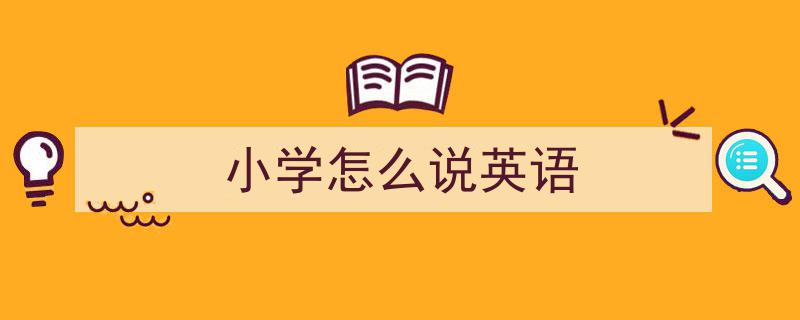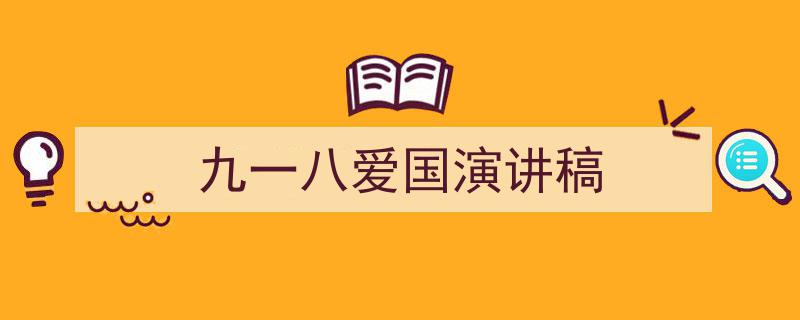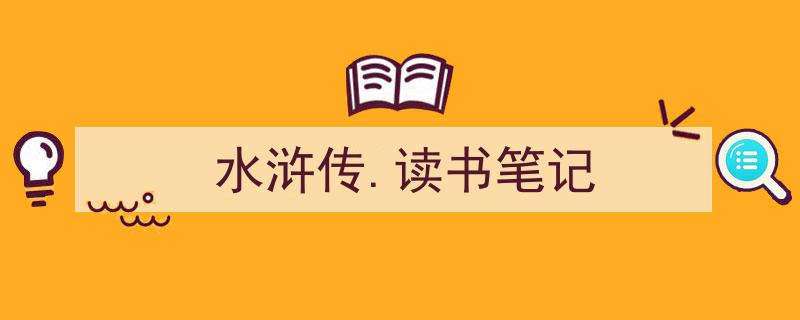欢迎来到58原创网网
小学英语travel如何写我教你。(精选5篇)
更新日期:2025-07-21 22:45
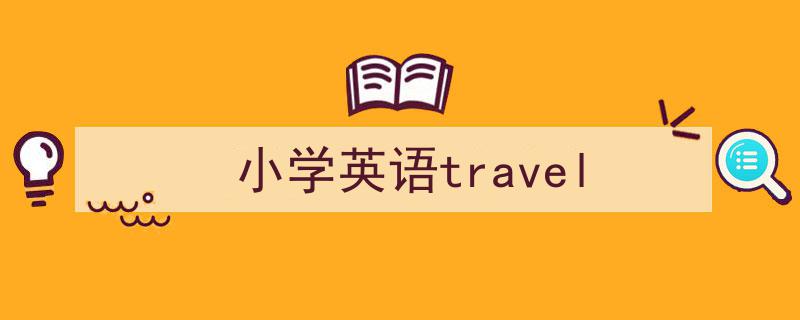
写作核心提示:
在撰写关于小学英语的“travel”(旅行)作文时,以下是一些需要注意的事项:
1. "主题明确": - 确保作文围绕“旅行”这一主题展开,不要偏离主题。
2. "词汇选择": - 使用与旅行相关的词汇,如:trip、holiday、destination、sightseeing、attractions、culture、food、weather等。 - 词汇应适合小学生的英语水平,避免使用过于复杂的词汇。
3. "句子结构": - 使用简单句和复合句相结合,使句子结构多样化。 - 避免语法错误,确保句子通顺。
4. "内容丰富": - 描述旅行的地点、时间、经历、感受等。 - 可以包括旅行的准备过程、旅途中的见闻、对当地文化的感受等。
5. "条理清晰": - 作文应有明确的段落结构,通常包括引言、正文和结尾。 - 每个段落应围绕一个中心思想展开。
6. "生动形象": - 使用形容词和副词来描绘旅行的场景和感受,使作文更加生动。 - 可以运用比喻、拟人等修辞手法。
7. "文化意识": - 在描述旅行经历时,可以适当介绍当地的文化、风俗习惯,展现对不同文化的尊重和理解。
8. "字数控制": -
沪教牛津版六年级上册单词表(双语+音标)
根据沈阳市教育局公示及主流教材选用情况,沈阳小学六年级英语普遍使用**沪教牛津版(三年级起点)**教材。以下是该版本六年级上册单词的双语汇总及音标整理,结合权威教材资源与教学资料,确保内容准确性与实用性:
沪教牛津版六年级上册单词表(双语+音标)
Module 1 Getting to know each other
1. relative /ˈrelətɪv/
n. 亲戚;相关物
例句 :My grandparents are my closest relatives.(我的祖父母是我最亲近的亲戚。)
2. family tree /ˈfæməli triː/
n. 家谱
例句 :We drew a family tree in the history class.(我们在历史课上画了一幅家谱。)
3. granddaughter /ˈɡrændɔːtə(r)/
n. 孙女;外孙女
例句 :The old lady showed me photos of her granddaughter.(老太太给我看了她孙女的照片。)
4. grandson /ˈɡrænsʌn/
n. 孙子;外孙
例句 :His grandson is good at playing football.(他的孙子擅长踢足球。)
5. member /ˈmembə(r)/
n. 成员;会员
例句 :She is a member of the school choir.(她是学校合唱团的成员。)
Module 2 Our daily life
1. Earth /ɜːθ/
n. 地球;土地
例句 :We should protect the Earth from pollution.(我们应该保护地球免受污染。)
2. market /ˈmɑːkɪt/
n. 市场;集市
例句 :My mother goes to the market every morning.(我妈妈每天早上去市场。)
3. space /speɪs/
n. 空间;太空
例句 :There is a lot of space in this room.(这个房间空间很大。)
4. museum /mjuˈziːəm/
n. 博物馆
例句 :We visited the science museum last weekend.(上周末我们参观了科学博物馆。)
5. activity /ækˈtɪvəti/
n. 活动;行动
例句 :Outdoor activities are good for our health.(户外活动对我们的健康有益。)
Module 3 The natural world
1. wild /waɪld/
adj. 野生的;荒野的
例句 :There are many wild animals in the forest.(森林里有许多野生动物。)
2. south China tiger /saʊθ ˈtʃaɪnə ˈtaɪɡə(r)/
n. 华南虎
例句 :The south China tiger is an endangered species.(华南虎是濒危物种。)
3. blue whale /bluː weɪl/
n. 蓝鲸
例句 :The blue whale is the largest animal on Earth.(蓝鲸是地球上最大的动物。)
4. in danger /ɪn ˈdeɪndʒə(r)/
phr. 面临危险
例句 :Many plants and animals are in danger.(许多动植物面临危险。)
5. take care of /teɪk keə(r) ɒv/
phr. 照顾;照料
例句 :He takes good care of his little sister.(他悉心照顾他的妹妹。)
Module 4 Hobbies and crafts
1. e-friend /ˈiː frend/
n. 网友
例句 :I have an e-friend from Australia.(我有一个来自澳大利亚的网友。)
2. country /ˈkʌntri/
n. 国家;乡村
例句 :China is a beautiful country with a long history.(中国是一个历史悠久的美丽国家。)
3. hobby /ˈhɒbi/
n. 业余爱好
例句 :Reading and painting are my hobbies.(阅读和绘画是我的爱好。)
4. grade /ɡreɪd/
n. 年级;成绩
例句 :She is in Grade Six this year.(她今年上六年级。)
5. yourself /jɔːˈself/
pron. 你自己
例句 :Believe in yourself and you can do it!(相信自己,你能做到!)
Module 5 Travel plans
1. capital /ˈkæpɪtl/
n. 首都;资本
例句 :Beijing is the capital of China.(北京是中国的首都。)
2. north /nɔːθ/
n./adj. 北;北方的
例句 :It's colder in the north of the country.(这个国家的北部更冷。)
3. east /iːst/
n./adj. 东;东方的
例句 :The sun rises in the east.(太阳从东方升起。)
4. west /west/
n./adj. 西;西方的
例句 :California is on the west coast of the US.(加利福尼亚在美国西海岸。)
5. south /saʊθ/
n./adj. 南;南方的
例句 :They moved to the south for a warmer climate.(他们搬到南方去享受更温暖的气候。)
Module 6 Healthy habits
1. healthy /ˈhelθi/
adj. 健康的;有益健康的
例句 :Eating vegetables is healthy.(吃蔬菜是健康的。)
2. unhealthy /ʌnˈhelθi/
adj. 不健康的;有害健康的
例句 :Too much junk food is unhealthy.(太多垃圾食品不健康。)
3. hamburger /ˈhæmbɜːɡə(r)/
n. 汉堡包
例句 :He ate a hamburger and French fries for lunch.(他午餐吃了一个汉堡和薯条。)
4. cola /ˈkəʊlə/
n. 可乐
例句 :Don't drink too much cola.(不要喝太多可乐。)
5. vegetable /ˈvedʒtəbl/
n. 蔬菜
例句 :Carrots and broccoli are my favorite vegetables.(胡萝卜和西兰花是我最喜欢的蔬菜。)
Module 7 Signs and rules
1. sign /saɪn/
n. 标识;符号
例句 :There is a "No smoking" sign in the room.(房间里有一个“禁止吸烟”的标识。)
2. shopping centre /ˈʃɒpɪŋ ˈsentə(r)/
n. 购物中心
例句 :We went to the shopping centre to buy clothes.(我们去购物中心买衣服。)
3. careful /ˈkeəfl/
adj. 小心的;仔细的
例句 :Be careful when you cross the road.(过马路时要小心。)
4. mean /miːn/
v. 意思是;意味着
例句 :What does this word mean?(这个词是什么意思?)
5. litter /ˈlɪtə(r)/
v./n. 乱扔垃圾;废弃物
例句 :Don't litter in the park.(不要在公园里乱扔垃圾。)
Module 8 Good habits
1. keep /kiːp/
v. 保持;保留
例句 :We should keep our classroom clean.(我们应该保持教室干净。)
2. clean /kliːn/
adj./v. 干净的;清洁
例句 :She cleans her room every day.(她每天打扫房间。)
3. dirty /ˈdɜːti/
adj. 脏的;恶劣的
例句 :Your hands are dirty. Go wash them.(你的手脏了,去洗一下。)
4. rubbish /ˈrʌbɪʃ/
n. 垃圾;废弃物
例句 :Put the rubbish in the bin.(把垃圾放进垃圾桶。)
5. bin /bɪn/
n. 垃圾桶
例句 :There are rubbish bins on both sides of the street.(街道两旁都有垃圾桶。)
Module 9 Great cities of the world
1. tourist /ˈtʊərɪst/
n. 游客;观光者
例句 :There are many tourists visiting the Great Wall.(有许多游客参观长城。)
2. building /ˈbɪldɪŋ/
n. 建筑物;楼房
例句 :The new building is 50 stories high.(新大楼有50层高。)
3. palace /ˈpæləs/
n. 宫殿;宅邸
例句 :The Summer Palace is a famous tourist spot.(颐和园是著名的旅游景点。)
4. most /məʊst/
adj./adv. 大多数;最
例句 :Most students like English.(大多数学生喜欢英语。)
5. sushi /ˈsuːʃi/
n. 寿司(日本食物)
例句 :I tried sushi for the first time yesterday.(昨天我第一次尝试了寿司。)
Module 10 Air
1. air /eə(r)/
n. 空气;天空
例句 :The fresh air in the mountains is good for us.(山里的新鲜空气对我们有好处。)
2. everywhere /ˈevriweə(r)/
adv. 到处;处处
例句 :You can
#每日英语# 6-16/30旅行
Always carry a first aid kit when you
travel, just in case.
旅行时带上急救包以防万一。
first aid kit
-- 急救包:一种盒子或袋子,内含基本的医疗设备,如绷带和消毒膏。
网络 急救包;急救药箱;急救箱
How do you deal with jet lag when
traveling across time zones.
你怎么处理跨时区旅行的时差问题。
Learning a few phrases in the local
language can really enhance your
experience.
学习几句当地语言真的可以增强你的体验。
Always have a backup plan in case your
travel plans change.
如果你的旅行计划改变,总要有一个备用计划。
Travel insurance is a must,don't skip it.
旅行保险是必须的,不要忽略。
Which country has the friendliest
people you've encountered.
你遇到过的哪个国家的人们最友好。
Taking photos is great, but sometimes just enjoying the moment is better.
拍照很好,但有时候更好的是享受当下。
Saving up for travel can be tough,but
it's so worth it.
为旅行存钱可能很难,但很值得。
Sometimes,unplanned trips are the
best.
有时候,没计划的旅行是最好的。
How do you stay safe when traveling
alone.
你一个人旅行时如何保持安全。
How many countries have you visited
so far.
你目前为止去过多少个国家。
I always check the weather forecast
before packing.
我总是收拾行李前确认一下天气预报。
文章说明
本站部分资源搜集整理于互联网或者网友提供,仅供学习与交流使用,如果不小心侵犯到你的权益,请及时联系我们删除该资源。


